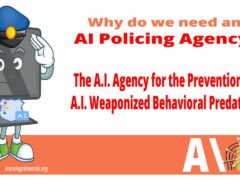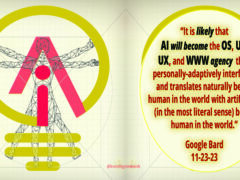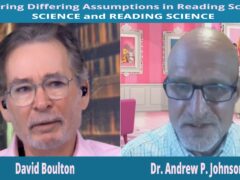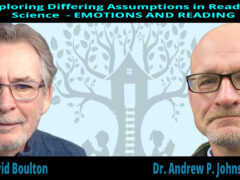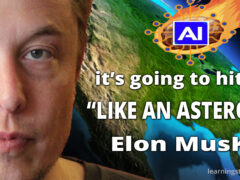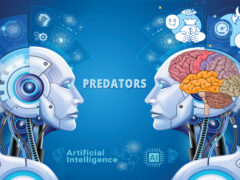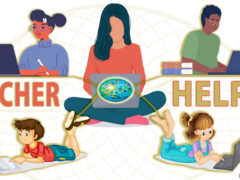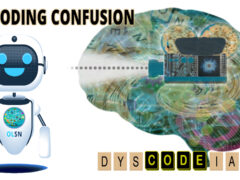The following is a discussion with Claude.ai that explores the need for an AI agency to watch over other AIs. Bold blue is used to indicate our prompting questions. Bold black and Bold Black Underline is our emphasis of Claude.ai’s response. This discussion will continue to be updated as new questions emerge. Would you agree that the […]
